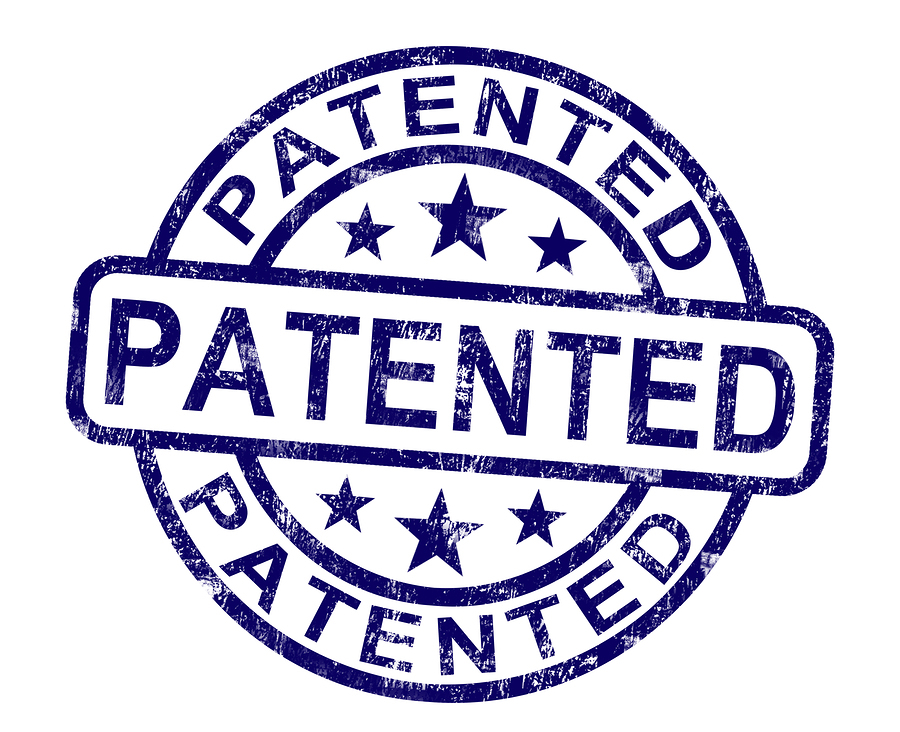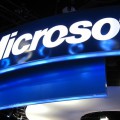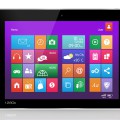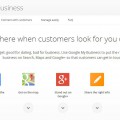 The United States International Trade Commission (ITC) has issued its final decision in a battle between Microsoft and Google patents.
The United States International Trade Commission (ITC) has issued its final decision in a battle between Microsoft and Google patents.
According to the notice, the commission declined one last review of its past decision, clearing Microsoft of patent infringement charges from the Google-owned Motorola Mobility. The ruling ends these ongoing patent issues while highlighting ITC’s growing role in the business world.
The patent charges had affected its Xbox console line, beginning with five claimed infringements — all of which were dismissed. The ruling is even more important in light of recent announcements concerning the unreleased Xbox One device, which, according to Xbox, received a large amount of media attention.
It also gives details on the continued rivalry between Microsoft and Google, the latter of which inherited the Motorola Mobility lawsuits when it bought the division in 2012. Even though Google has not yet entered the gaming console market, it does exert a presence in mobile technology and software advancements similar to Microsoft’s current pursuits.
The ITC ruling is separate from a civil suit, and different cases are often held in both sectors, simultaneously. While the ITC does not offer the same processes as the civil court, its decisions often carry more weight with major corporations because such decisions affect international trade.
The threat of embargoes and tariffs on products typically settles suits far more quickly when global companies like Google are involved — a fact that bolsters the importance of the ITC in new globalized markets.
Meanwhile, the feud between Microsoft and Google continues. As Patrick Moorhead, principal analyst at Moor Insights, wrote in a May 2013 blog post, the rivalry between the tech giants is starting to hurt users, particularly in the business world. Google has stopped supporting key Microsoft services like Exchange ActiveSync, and Microsoft invests little effort in making its operating system compatible with Google tools. For professionals who regularly use Google apps and Microsoft software, this represents a frustrating back and forth.
However, Microsoft and Google have recently demonstrated their ability and willingness to work together on some projects. As this Next Web timeline shows, throughout May the companies negotiated over a new Microsoft YouTube app for Windows 8, which violated Google’s terms of service. Rather than devolving into another lawsuit, the disagreement turned into an acceptable deal between both parties, with Google dropping its claims after Microsoft made changes to the app.
[cf]skyword_tracking_tag[/cf]






No Comment